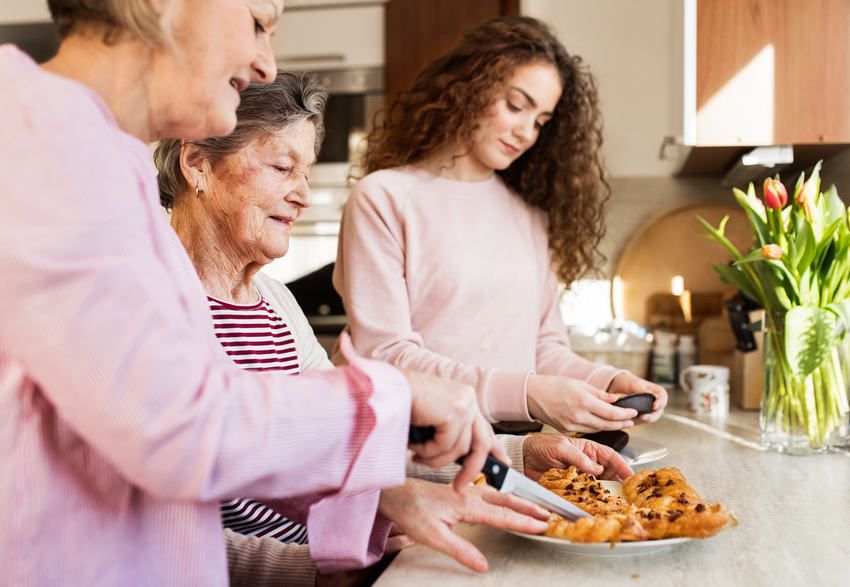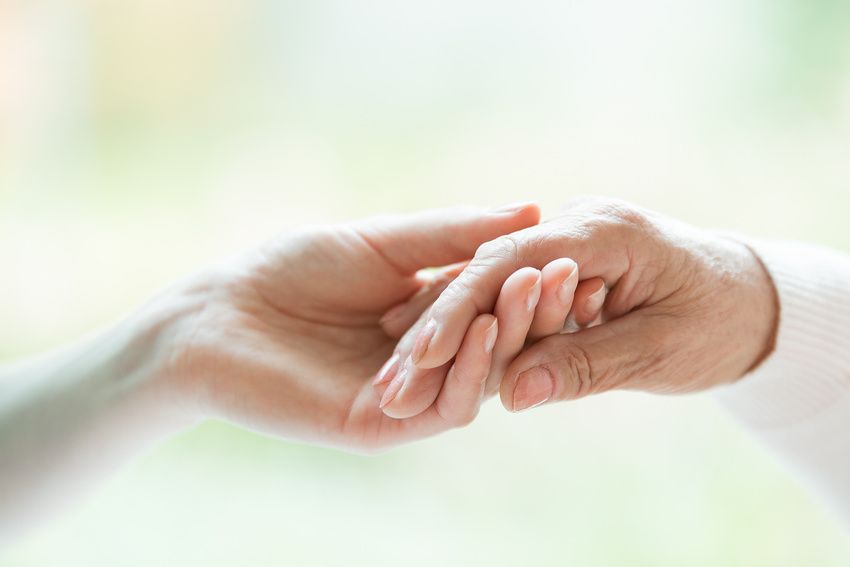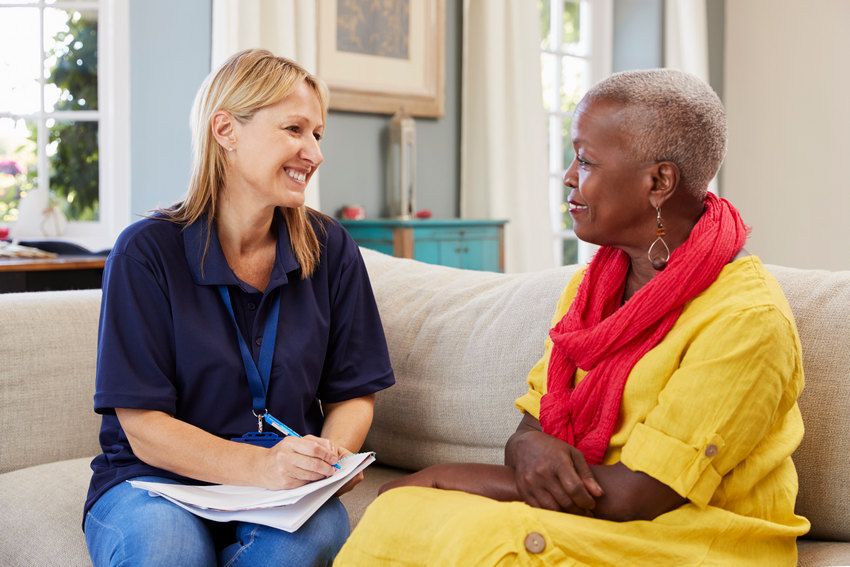Refusing help is a classic defense mechanism.
In the case of home care – older adults often reject extra help and assistance out of fear and a sense of self-perseverance.
Seniors fear the change in lifestyle that comes with admitting they need help. They also fear the loss of identity that comes with no longer being able to take care of oneself.
It’s completely understandable, but as the child of a parent who refuses help – it can be exasperating to deal with.
Here are 4 tips for taking care of senior parents who just don’t want help:
-
Don’t walk away.
When your senior parents are refusing help, it can be frustrating to sit and watch them struggle. Frustrating because they won’t take your advice, but also because it pains you to have to see them suffer. And, because of this frustration, it’s easy to decide to leave it all behind and walk away.
But stay strong, and don’t just leave. Because that’s not truly helping anyone in the long run.
Instead, take a breather. Take a moment away and remind yourself that you can’t control everything your parent does. Sometimes you just have to let things go.
When you’re feeling ready, come back to your parent with a fresh mindset.
-
Ask at the right time.
As with many things in life, timing is often at the root of the situation.
When you’re suggesting extra help or home care to your senior parents, it’s important to choose the right time to do so. Don’t throw the idea out there in the middle of a crisis or emotional circumstance. Rather, wait for a calm moment to talk. Bring it up slowly, and in a way, that’s easy for them to digest.
-
Show, don’t tell.
This is a common tip for writers – show us what you mean, don’t tell us what you mean.
And, it holds true for all sorts of communication in life.
Which is why, it’s important not just to choose the right time to talk, but the right way to talk as well.
Instead of only mentioning facts and reasons, try giving examples and as much details as possible. With your words (and maybe some images online), paint a descriptive picture of what life could be like for your senior parents if they had the extra help around the house.
-
Suggest a trial run.
Sometimes the thought of permanent change is what scares people off the most.
If this might be the case with your senior parents – remind them that this does not have to be permanent. Your seniors can try the extra help just for a time. And, if they like it – great! And, if they don’t – that’s okay, too.
A trial run allows your parents to feel more in control of the situation, as you are placing the final decision in their hands.
And, remember – take a breath, stay calm, and always be respectful.
These are still your parents, after all.










